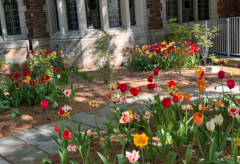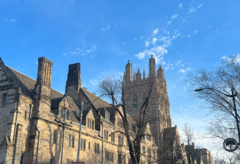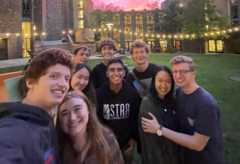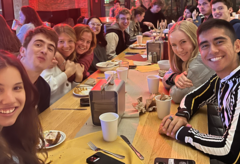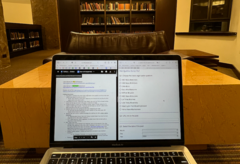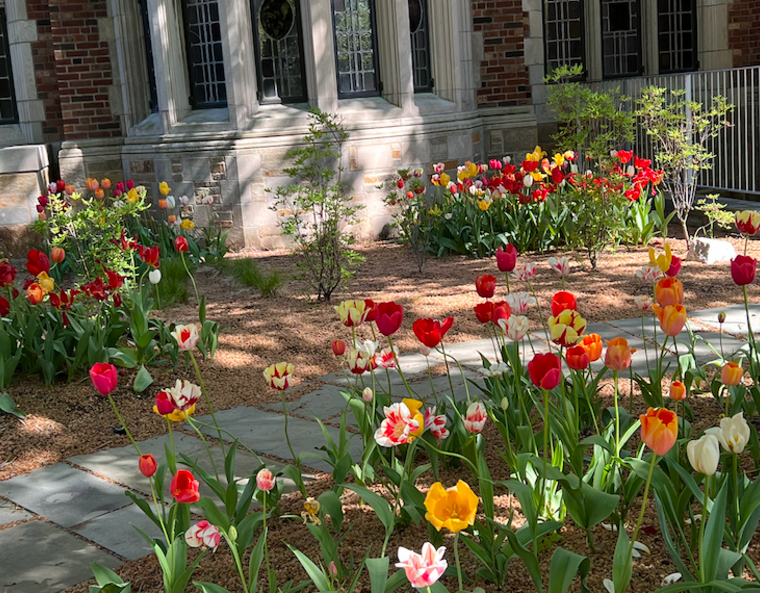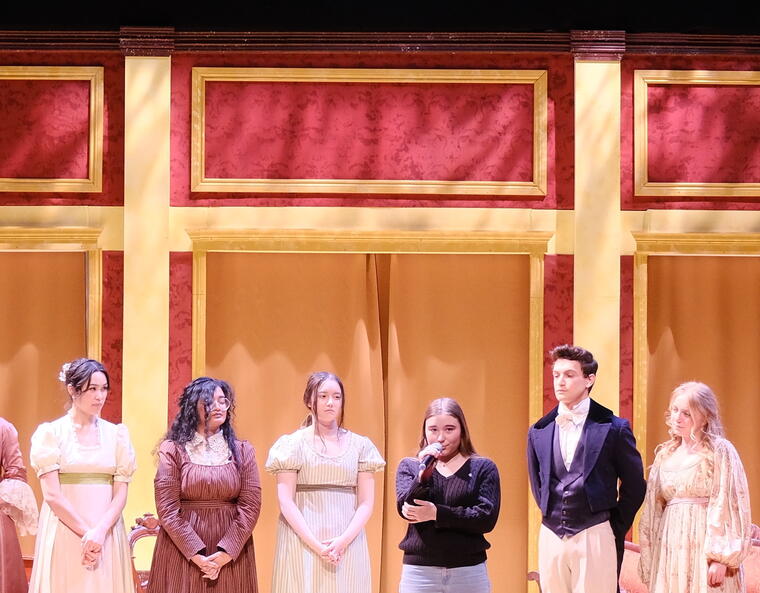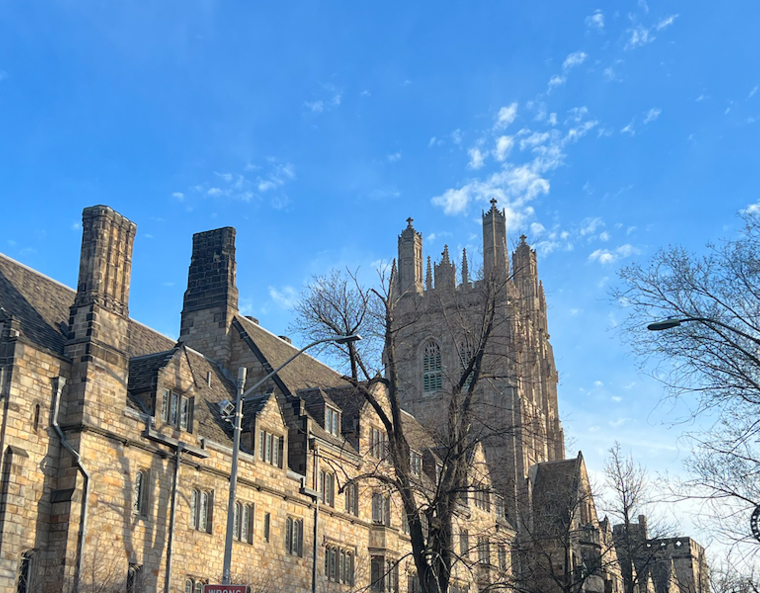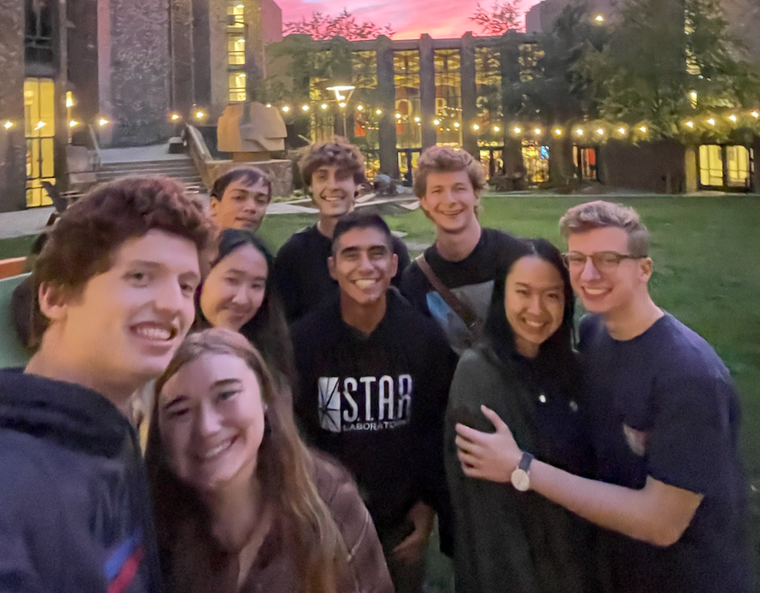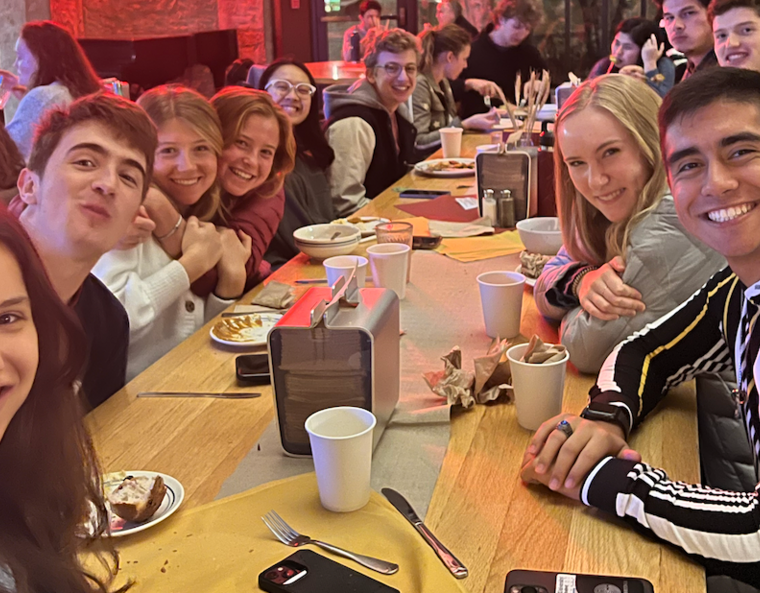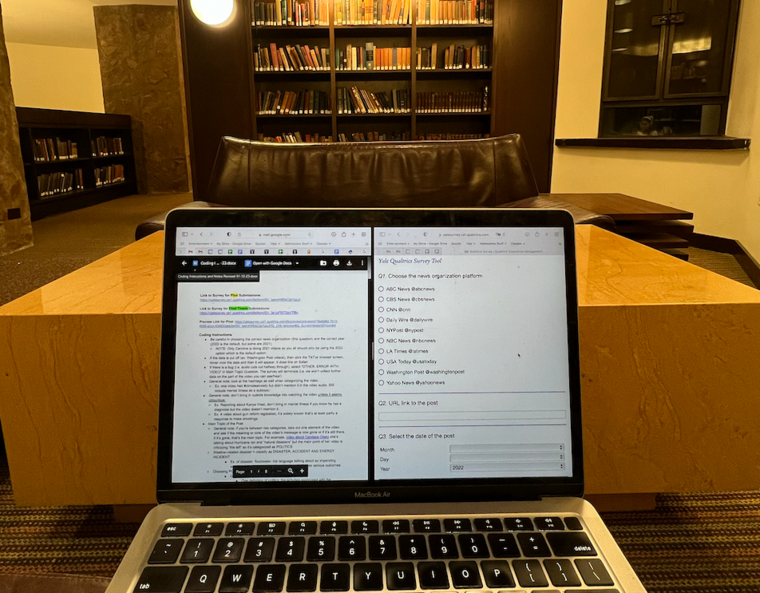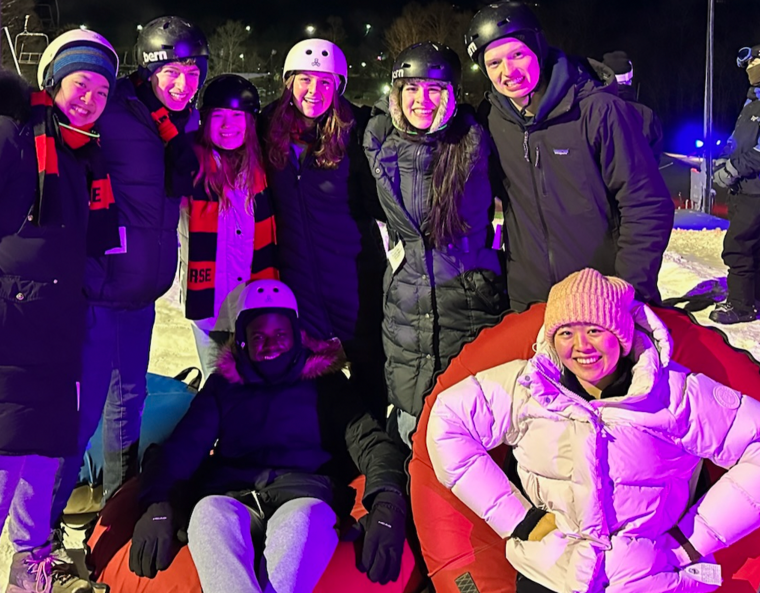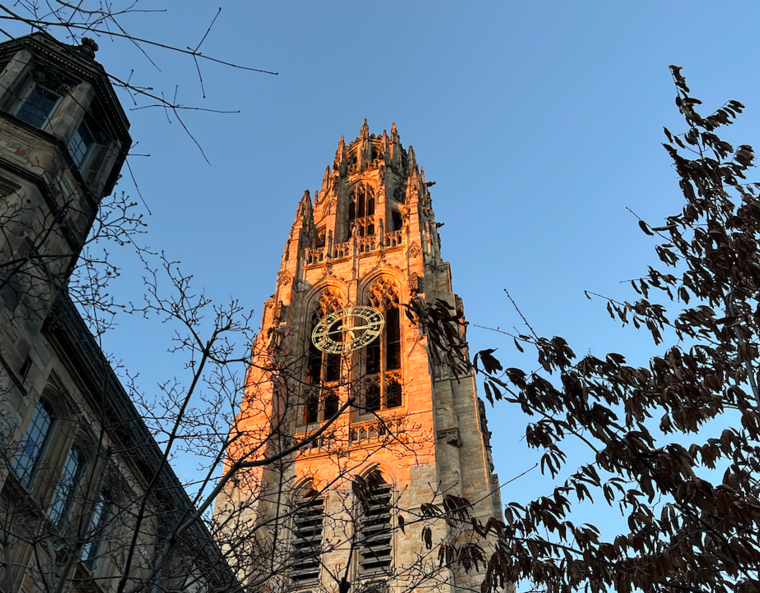
Just before Winter Break, Morse College bid a sad adieu to our Dean, Dean Gleason (affectionately known as Dean G) as she left her position at the end of last semester. A couple of weeks later, at the beginning of February, we welcomed our new Dean, Dean Trimble, with a large reception at the Head of College’s house filled with snacks and lively conversation as well as the Dean of Yale College, Pericles Lewis. Before I came to Yale, I didn’t have a great concept of what residential college life was like and I definitely didn’t know exactly what Deans did in residential colleges. As we are just past a Dean transition, I thought it would be a good time to reflect on the role of the residential college Dean in residential college life and in the Yale experience more broadly.
Residential college Deans serve several functions, but they are primarily the academic head of their respective college. This means they are the primary point of contact for academic planning, scheduling concerns, and campus resources. A big part of this portion of their job is granting Dean’s Extensions to extend deadlines for students which one of my fellow bloggers wrote a blog post about recently. Deans are also really great resources if you’re facing some sort of academic or personal difficulty; I have several friends that got really sick last year or had other extenuating circumstances that affected thier academics and our Dean worked with them to make a plan with their instructors to get back on track. Your Dean is a big advocate for you in this way and they’re also a great resource for academic planning in general.
The Dean’s Office more broadly is also super helpful in connecting students to academic resources. Each week, the Dean sends out Deans Notes which give students information about workshops and talks as well as reminders about upcoming deadlines. Not only does this help you not to forget when course registration is happening or when study abroad applications are due, but this also helps you connect with support services like Poorvu Center workshops and tutoring as well as interesting opportunities like college teas or guest speaker events.
Finally, perhaps the most unique and beneficial part of a Dean’s job is that they live in the residential college among all of the students. The Dean has a house within their residential college meaning they often eat meals in the dining hall, walk around the courtyard, and participate in the social life of their college. Deans work closely with the Head of College Office to create a positive social culture by hosting events and keeping college traditions alive like Morse’s Italian Night. They are also frequently seen spectating and participating in intramural sports, an area of college social life that our past and current Deans were/are very passionate about.
Your Dean is one of the first people you meet at Yale; they help you move in, they oversee orientation activities, and they try to connect with as many first-years as possible before classes begin. Deans are also some of the last people we see at Yale as they are the ones who hand us our degrees at the end of our four years here. All in all, residential college Deans really anchor the residential college and the Yale experience by offering an accessible, consistent resource for academic, personal, and social needs just steps outside our doors. I know that having the structure of having Deans and Heads of College is one of my favorite parts of the residential college system here and I’m so thankful to have these resources so accessible to me.
